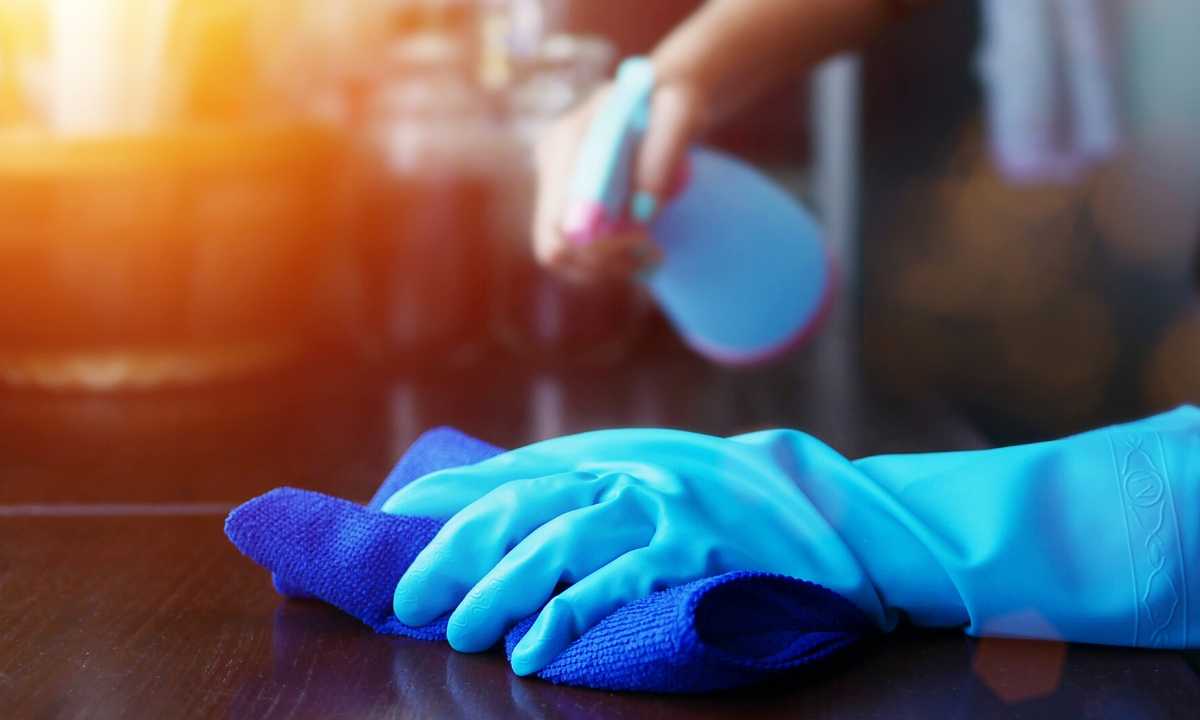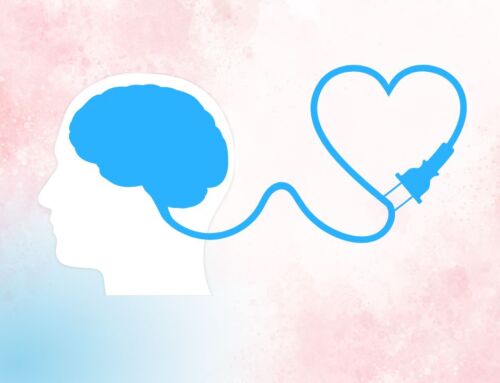Scrubbing, washing, dusting, vacuuming, mopping and other chores aren’t typically associated with things we do to bring joy and calm into our lives. For most, these tasks make up a dreaded to-do list that we make every effort to complete as fast as we can. Who hasn’t clicked to read articles such as “Speed Cleaning Strategies” or “Timesaving Tips from Professional House Cleaners?”
Julie Potiker, the La Jolla author of Life Falls Apart, but You Don’t Have To: Mindful Methods for Staying Calm in the Midst of Chaos, has a different take on these household chores. She says cleaning can be a mindful practice that’s easy to embrace and can help reduce stress, increase calmness and clarity, and promote happiness.
“Being mindful means paying attention to what you’re doing while you’re doing it,” she says. “You are not worrying and ruminating, which we are wired to do, and this gives the brain a much-needed break.”
Try this practice when you’re washing dishes or folding laundry. You’ll not only end up with a cleaner house but you’ll find meaning in the mundane and learn how to give yourself loving attention and compassion.
Julie gives us a few pointers on how to get started:
Give yourself time.
Rather than treat cleaning like a beat-the-clock game, forget about the clock. Choose your favorite music and find happiness in each task instead. “Music can affect your mood in such a positive way and also helps you quiet your mind and focus on the physical act of cleaning,” Julie says. If you don’t have songs at the ready, Spotify has free “Mindfulness” and “Deep Focus” playlists. You can also search streaming services and YouTube for relaxing jazz, nature sounds or whatever melodies make you happy.
Just clean.
Don’t plan ahead. Don’t think about what task you’ll do next or what room needs the most attention. “When you’re wiping, feel yourself wiping; when you sweep, feel yourself sweeping, when you wash, feel yourself washing; and so on,” Julie explains. That’s it.
Focus.
Hone in on your breath. Be aware of air coming in and air going out. “Feel it and see it,” Julie explains. “If breath doesn’t calm you, if it doesn’t feel good, settle into what the other senses experience. Feel your feet on the ground, listen to the sounds in the environment, see the tree outside the window—all of this can be regulating when the breath is not.”
Add a mantra.
“Choose a word you’d like to use on the in breath,” Julie explains. “It can be the same word you use on the out breath, or it could be a different word.” Zen master Thich Nhat Hanh likes “peace” on the in breath and “calm” on the out breath, for instance. Julie says you need to find a word that makes you feel good. It might be “ease” or “love” or something else. You visualize taking these words into your body and letting them leave your body. “And when your mind wanders, which it will do,” she says, “focus on those words that you chose and your breath to bring your mind back.”
Pay attention to the here and now.
Concentrate on the cloth or the broom and your body’s repetitive motions as you dust or sweep. Maintain your focus on the back-and-forth or circular motion in whatever it is you’re doing.
Notice your thoughts.
Are you thinking about other things? Work, kids, finances, what to make for dinner? Don’t judge yourself; simply note everything about the moment. Immerse yourself in the moment—like “’Wax on, wax off,’ from The Karate Kid,” Julie says.
Look for the beauty.
When folding laundry, for example, note the textures of the fabrics, the patterns and colors on each article, the way the towels feel or the fresh-from-the-dryer smell. Notice each detail on every shirt and sock you fold.




















